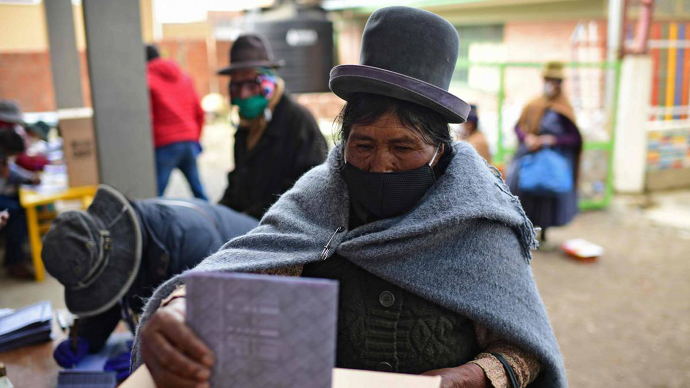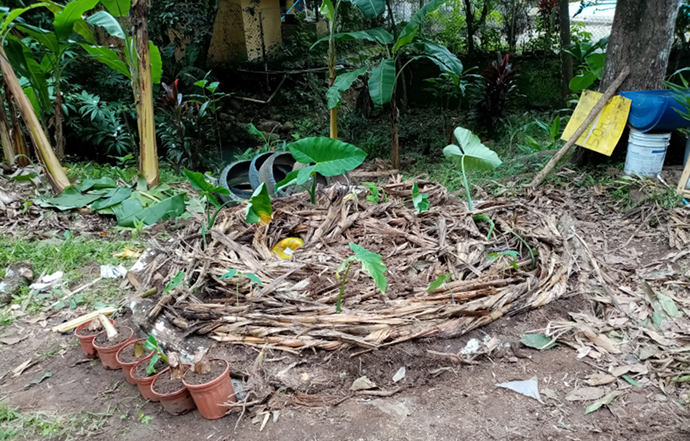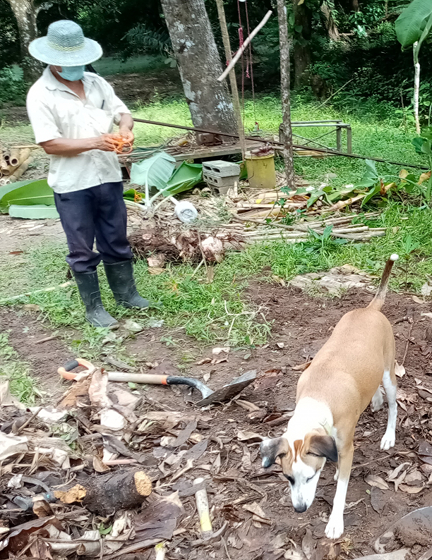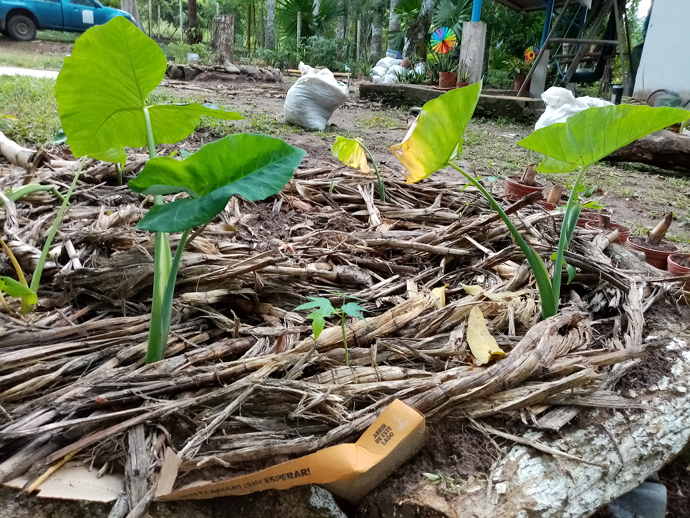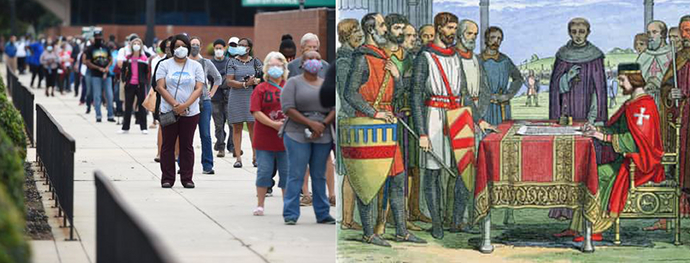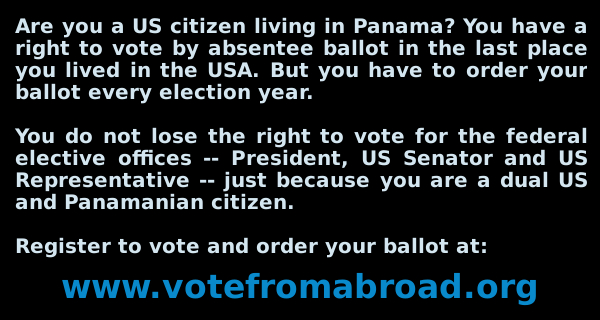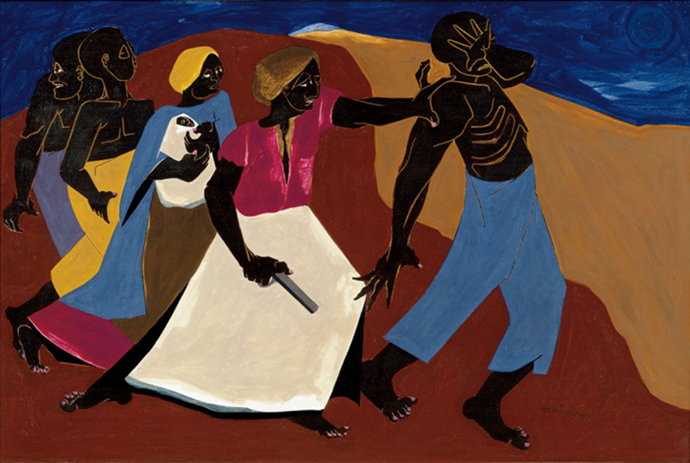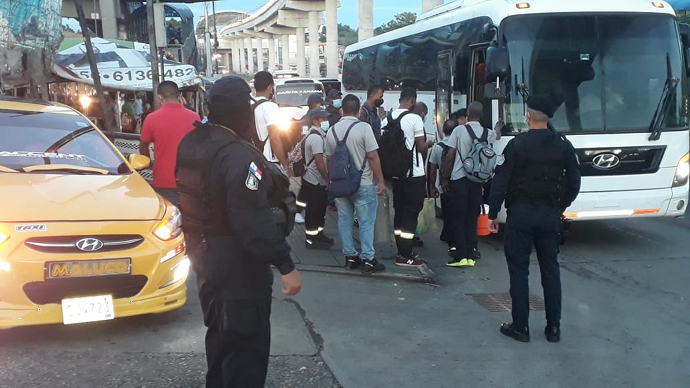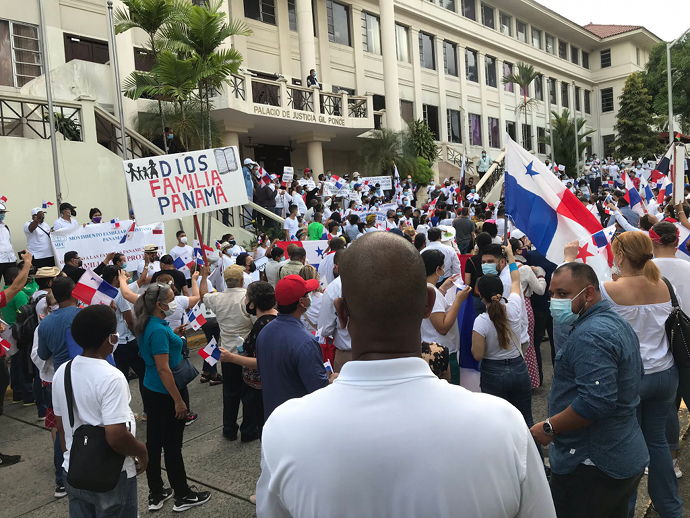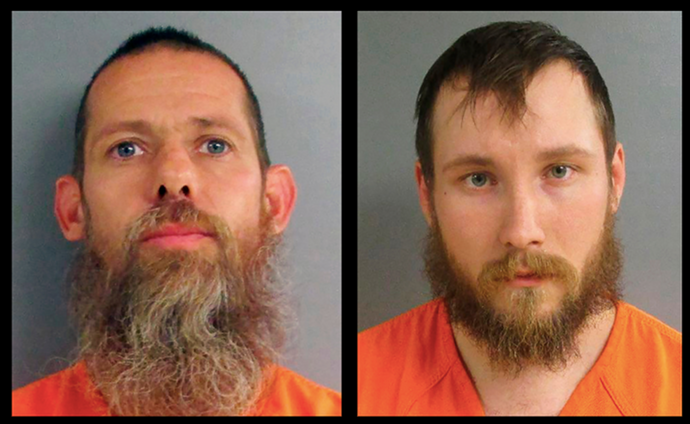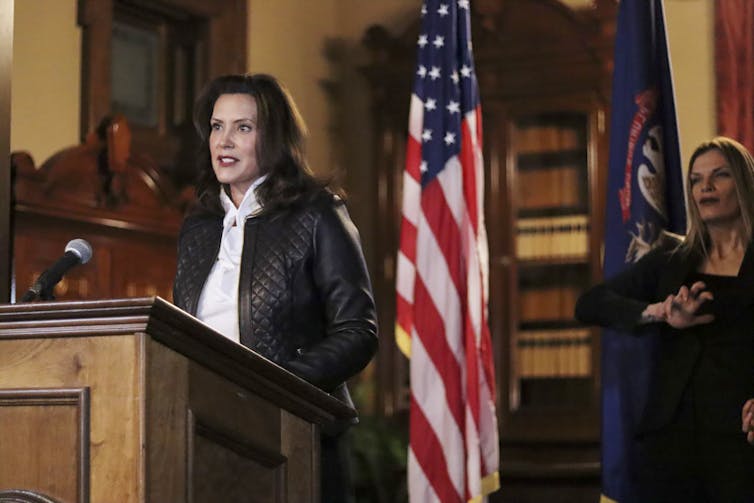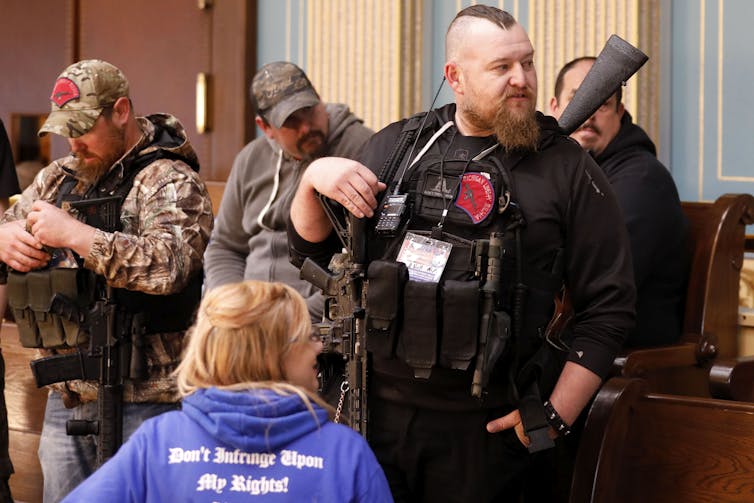The FSO Nabarima, listing from a flooded engine room in Venezuelan waters, not far from Trinidad. Photo by Fishermen and Friends of the Sea.
Political delay of sea rescue threatens fisheries of at least two nations
The Panamanian-flag tanker Ícaro, after having received US permission to avoid being blacklisted, is headed to the Gulf of Pariato offload oil from the stricken floating bunker oil ship FSO Nabarima. The ship has been in distress since at least early August, and were she to sink her cargo would ruin not only part of Venezuela’s fishery, but also that of Trinidad and Tobago, as the island of Trinidad is less than 10 miles away.
The ship is a partnership deal between Venezuelan and Italian companies. So why no Italian tankers to the rescue? It’s because US sanctions blacklist any ship that takes on oil at Venezuela. Donald Trump has taken his time granting an exception and has risked the fisheries of at least two countries just he’s that capricious. He doesn’t even care about the health of the American people, let alone the viability of a Caribbean fishery that feeds nations that he scorns.
Panama is also a Caribbean nation. It has happened in years past, for example, that medical wastes illegally dumped off of Venezuela have been carried by a current that runs along the shore from there to Yucatan have ended upon the beaches of Colon province. The health of the Caribbean Sea is a national security issue for Panama.
Boycotts that answer to the claims, even the whims, of other nations are a national sovereignty issue for Panama. Because the main line of defense for the Panama Canal is a neutrality that allows all nations of the world to use the waterway, our facile and servile embrace of other countries’ boycotts can also become a national security issue for us.
It’s good that a Panamanian-flag vessel comes to the rescue of the Caribbean Sea, and bad that there are floating oil depots like the FSO Nabarima that pose inherent threats to many nations. It’s a matter of international law that needs to be taken up at the United Nations. It’s a matter of Panamanian law with respect to which activities we allow in our national waters. In no case should unilateral US sanctions be allowed to impede the defenses of an ocean planet.
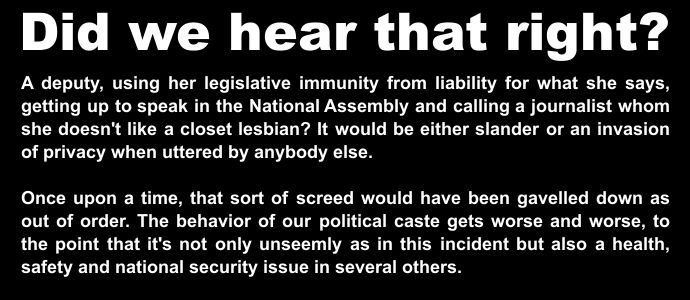
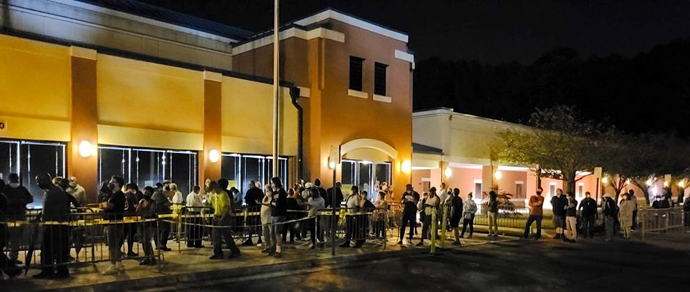
Long lines of people before sunrise to vote early in Marietta, Georgia. Yes, the Republicans are out in force. But Democrats are, too, and usually that is not the case. Every possible trick will be pulled, but white supremacy may take a surprise beating in that state. Anonymous photo from Twitter.
Not just Trump who needs to go
Things are not going well in the polls for Donald Trump and he’s acting that way. His base will turn out to vote in force. He will lose a few usual Republican votes over objections to his performance in office. Republicans almost always do vote and that gives him some hope. Huge turnouts by registered Democrats and independents in the early voting of places like Georgia, North Carolina and Texas are the main indicator that’s out of the ordinary in this plague year election. That’s what gives Trump reason for despair.
Joe Biden is not a candidate for sainthood but he is clearly the best viable candidate for president of the United States. His idea that American needs to be built back better after a long decline, a disastrous presidency and an ever more catastrophic epidemic is the basic orientation that the United States needs, while Trump just offers lies and insults.
But would Biden be elected, only to be stymied by a Republican US Senate and Supreme Court? That would happen if the Republicans retain control of the senate, or even if they lose but it’s close enough that they can get a Democrat vote or two to continue their blocks against all Democratic legislation.
Two weeks out, polls suggest that Democrats have a good chance to take 10 seats in the US Senate from the Republicans, while only two Democratic seats appear vulnerable. There can and probably will be movement either way. How people vote will be distorted by Donald Trump’s and the Republicans’ vote suppression tactics – from the destruction of some 700 mail sorting machines so as to exclude properly sent absentee ballots, to gunmen showing up at polling places to intimidate voters, to myriad laws and practices designed to make it harder to vote.
There is a need for a new Voting Rights Act. No democracy should have to put up with the stuff that Trump and his party are pulling. But such reform we will not get if it’s not a landslide sweep that drives the Republicans to the political wilderness for years to come. Which is what ought to happen. Vote blue, and bring some other people to vote blue, too.
For those voting from abroad, it’s past time to get your ballot in via the embassy mailbox. If you are registered to vote, you can get your ballot to the clerk in a “vote by mail” jurisdiction by sending it DHL. Some places even let you register on election day. In about half the states, you can register and vote by email or fax. Click on Vote From Abroad if you need help with this.
:
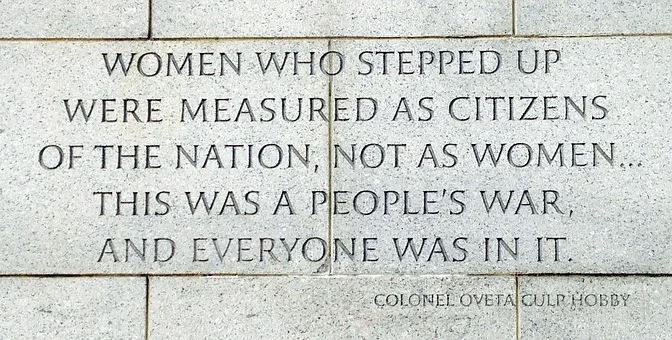
Bear in mind…
Lying increases the creative faculties, expands the ego, and lessens the frictions of social contacts.
Clare Booth Luce
A wise man gets more use from his enemies than a fool from his friends.
Baltasar Gracian
Every generation imagines itself to be more intelligent than the one that went before it, and wiser than the one that comes after it.
George Orwell
Contact us by email at fund4thepanamanews@gmail.com
To fend off hackers, organized trolls and other online vandalism, our website comments feature is switched off. Instead, come to our Facebook page to join in the discussion.
These links are interactive — click on the boxes






